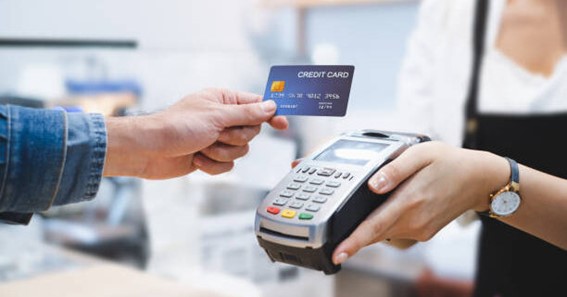When you travel abroad, it can be tempting to use cash, but the benefits of using a credit card far outweigh this inconvenience. In addition to having a foreign currency exchange facility, you’ll also enjoy insurance on purchases made with your credit card. If you’re concerned about your credit score, this article will provide tips to avoid carrying a balance on your credit card while traveling. You’ll also learn about travel insurance and how to avoid carrying a balance on your credit card while traveling.
Rewards credit card waives foreign transaction fees
Many travel rewards credit cards are now available that do not charge foreign transaction fees while traveling. These credit cards can come with a variety of features and bonuses. You can even earn bonus points if you travel with these cards. Some of the best examples of these cards are the Capital One and American express platinum cards. If you travel abroad frequently, consider a rewards credit card that waives foreign transaction fees while traveling. Unlike most credit cards, these two companies do not charge an annual fee.
The best way to avoid paying foreign transaction fees while traveling is to carry the right credit card and checking account with you. Look for credit cards that waive these fees and apply as early as possible. When applying for a credit card, choose one with ATM rebates and zero foreign transaction fees. Make sure to apply early enough to guarantee approval and receive your new card in the mail. Applying early will also save you a great deal of money.
Insurance on purchases made with credit card
Most credit cards offer some form of travel insurance for purchases you make with them. However, not all of these plans are the same. Some have a low coverage amount, while others have several exclusions. Travel insurance for credit cards is particularly important for travelers with specific plans. For example, some credit cards do not cover medical expenses incurred when purchasing a ticket, or in the event of an accident. This makes it very important to check your policy details before you make any purchases.
The main benefits of purchase protection include the ability to file a claim if something unexpected happens to your items. You may only be able to claim if the items were stolen or lost within a certain period of time, and you may need to submit a police report to get a full refund. Some cards also offer price adjustments, but some retailers do not do this. If you buy an item that is significantly cheaper, you may be able to claim on your purchase protection policy and have the difference reimbursed.
Avoiding carrying a balance on your credit card while traveling
Avoid carrying a balance on your credit card while you’re traveling by logging into your accounts at least once a week. Keep some cash in your bank account so that you can cover any unexpected expenses. Carrying a balance on your card while traveling can lead to many negative consequences. However, it is very easy to forget to monitor your credit card account and you can suffer the negative effects of it.
Credit card balances do not build credit and can negatively impact your credit score. Carrying a balance can also cause unexpected expenses and sales, which can lead to a credit card bill that is much higher than you initially planned. Avoid this practice by avoiding large purchases and charging a small transaction on your credit card every month. Paying attention to your balance will help you keep track of your spending habits, avoid changes in interest rates, and maintain a low credit utilization.
Alternatives to travel with cash
If you’re planning a trip abroad, you may be wondering what to do in place of travel cash. If you’d like to avoid the risk of losing your wallet, there are many alternatives to cash. Many credit cards now offer foreign exchange services without a fee and at a favorable rate. Be aware, however, that using a credit card to withdraw cash may affect your credit score. Car hire services often require credit cards to hire a car abroad.
In the 1990s, travelers’ checks were the main form of travel money. Traveler’s checks are widely accepted and don’t cost a cent when they get lost or stolen. You can also use a debit card to make purchases at merchants. These can also be useful when traveling to foreign countries. While credit cards are convenient, they may charge you fees when you withdraw foreign currency. Another option is to carry cash and traveler’s checks as you go.







